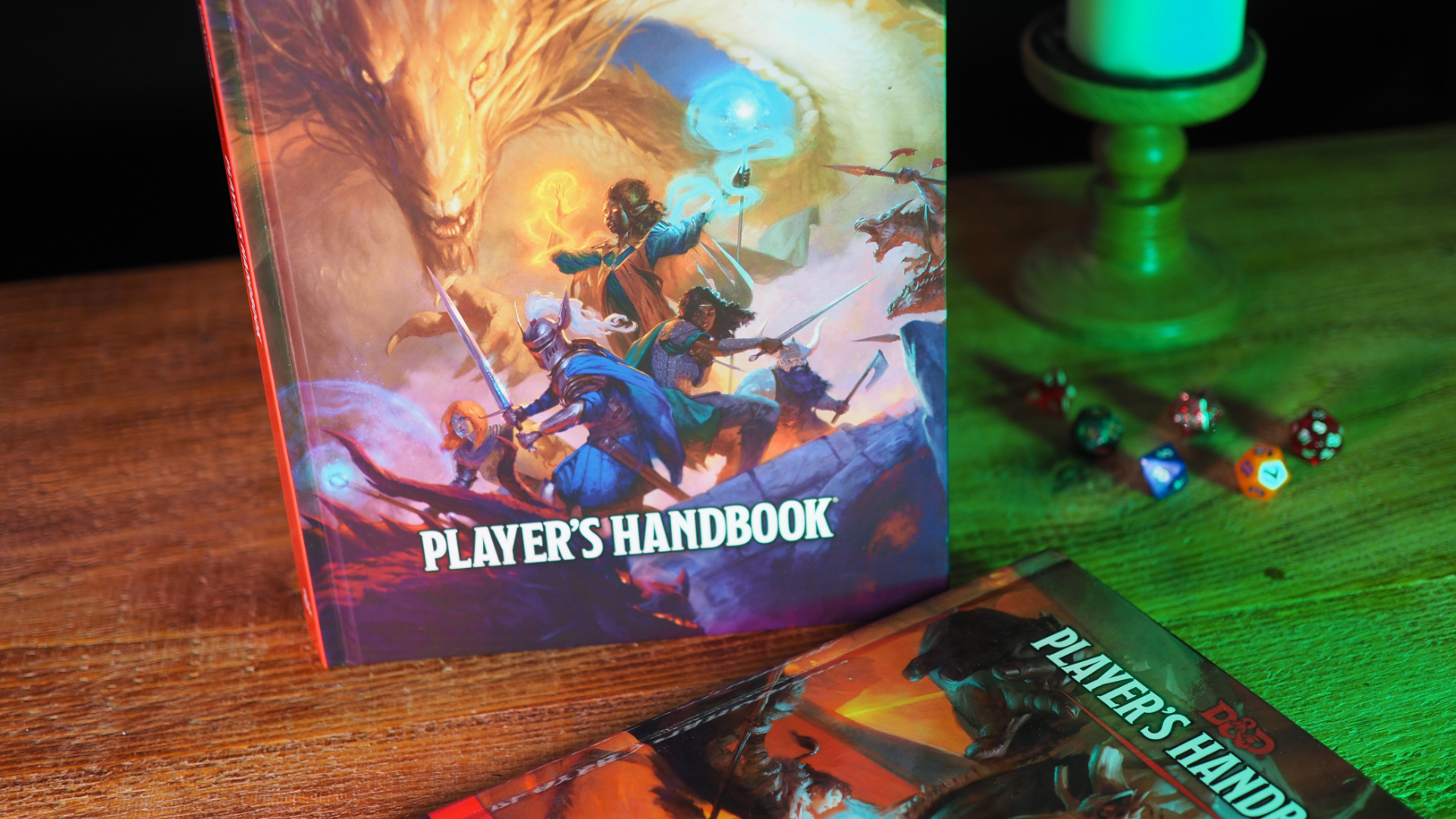
Everything different in DND 2024, every change made to Dungeons & Dragons 5e in the wake of the new books - it can all be found right here. DND 5e has been upended by the new 2024 Edition of the Player's Handbook, and Fifth Edition is only likely to become even more different and distinct when the Dungeon Master's Guide is released later this year.
With that in mind, I've compared the differences between Dungeons & Dragons 5e as seen in 2014 and 2024, and put together this page to lay out all the important, major changes to the way you play DND. The GamesRadar+ team and I will also be updating this page when the new core rulebooks come out, so keep your eyes peeled for future info on DND 2024 in real time!
Everything different in DND 2024 and how Dungeons & Dragons 5e has changed
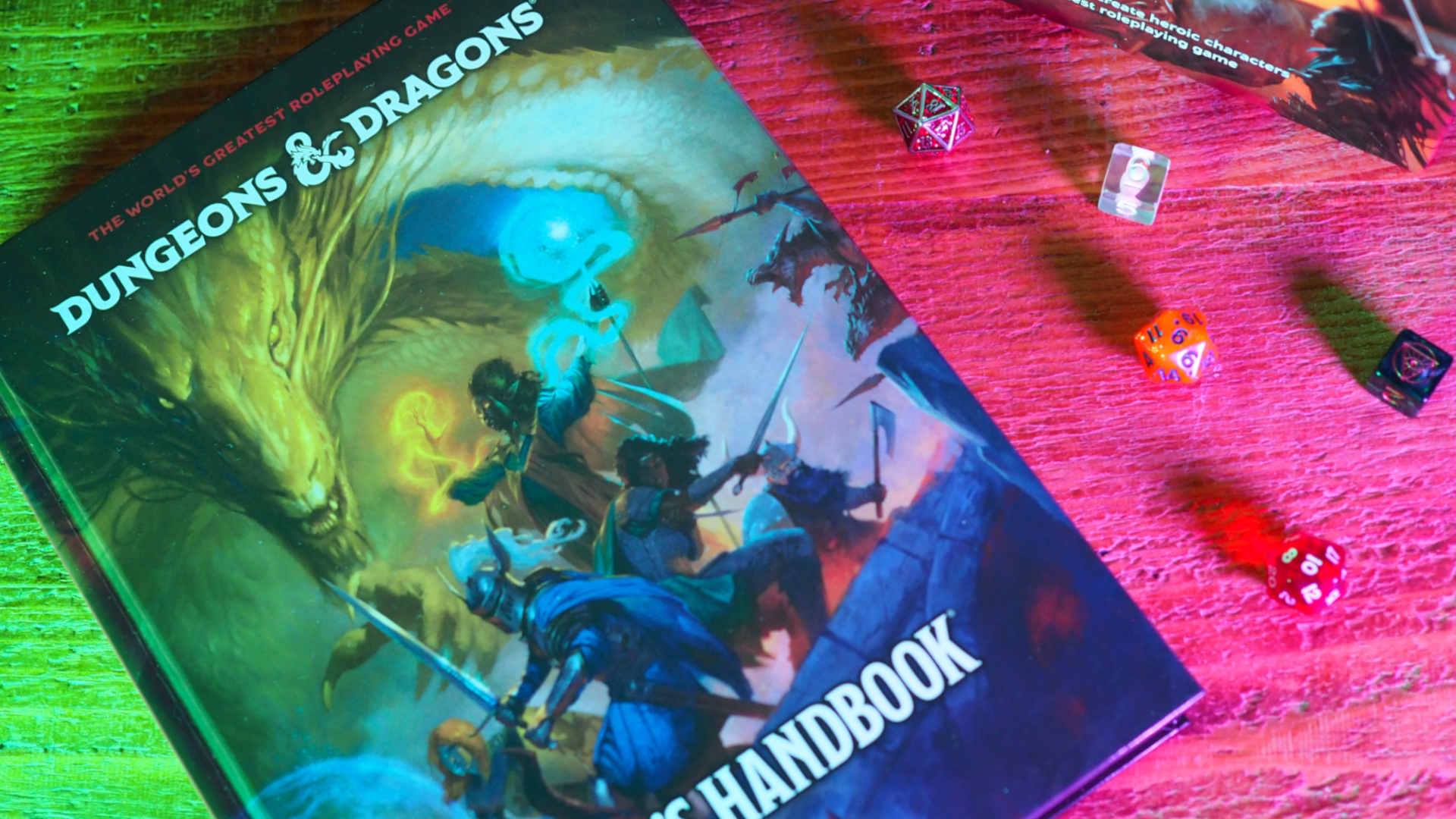
- Not a new edition - more of an edit
- Backward compatible with old adventures
- Lots of little tweaks
The new differences in DND 2024 for 5e's rules are largely (but not exclusively) on the player-side so far, focused on quality of life improvements, streamlining gameplay, balancing changes and responding to certain requests from the playerbase. In effect, the result is as though the last ten years of 5e – which is widely considered as one of the best tabletop RPGs already – have been used as a long-term beta test for an update that's finally arrived.
Consequently, Dungeons & Dragons 2024 has changed a fair amount of the 5e rules from what they were when they came out in 2014, though the two versions of the game are still very similar and – more importantly – compatible. This means that for the most part, players should still be able to run old modules and adventures using the 2024 rules, with only minor changes needed… at least in theory.
Below, I'll cover all the differences to DND 2024's rules in detail, broken up into sections that you can easily navigate using the chapter tags at the side of the page. Or if you want a very specific rule, try using the search function on your browser to leap straight to it!
What's different about Classes in DND 2024?
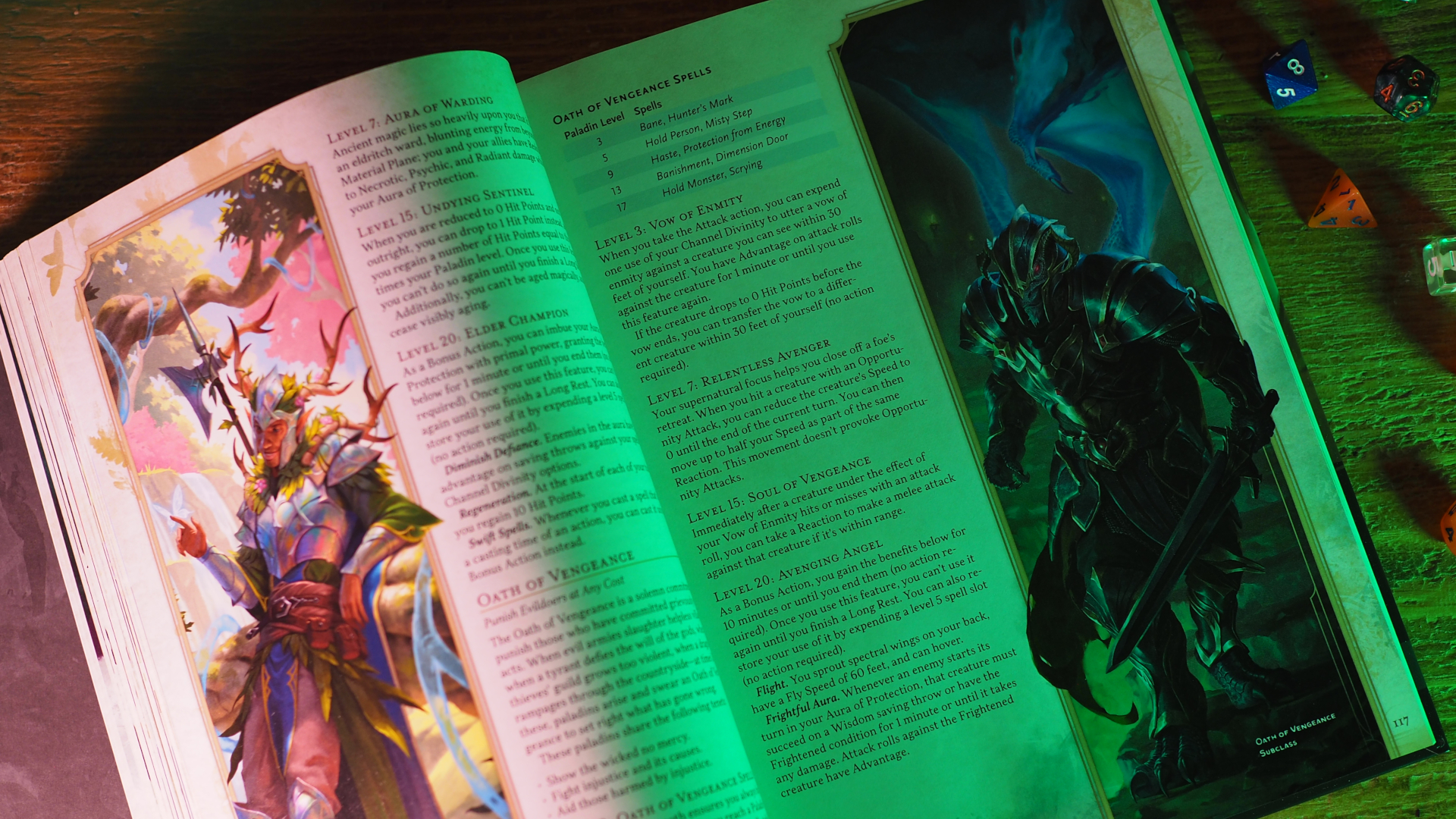
The DND 2024 classes have all been changed to some degree, some more than others. The broad trend I've noticed was that the new redesigns, beyond aiming for greater balance, seem designed to be crowd-pleasing, building on popular trends in play in DnD culture. There's also an emphasis on class powers being more easily recharged, obtained, or harder to waste than before – effectively trying to ensure that characters can always do something cool.
Here's all the major changes to DND classes in 2024:
- There are no wholly new character classes in the 2024 Player's Handbook.
- The Artificer has also not had a 2024 redesign at time of writing.
- However, all existing classes have been modified and re-balanced to varying degrees. Some classes are mechanically very different to how they were before, such as the Ranger being designed around the Hunter's Mark spell.
- All classes have four subclasses each, which are always unlocked at level 3 (whereas before subclasses were unlocked at different levels depending on the class). This means that some classes, like the Wizard, have less options for subclasses in the 2024 ruleset.
- Some subclasses are entirely new (such as the Bard's College of Dance), whereas others are existing redesigned versions (such as the Warlock's Pact of the Archfey now focusing heavily on the Misty Step spell).
- Some terminology has been changed, such as the Monk's Ki Points now being called Focus Points.
- Expertise is now a more common mechanic, obtainable in a number of ways instead of just being limited to the Rogue.
Obviously there's a huge amount to cover here, so if you want further detail, we have a page on how have DND classes changed for the 2024 Player's Handbook.
What's different about Species/Races in DND 2024?
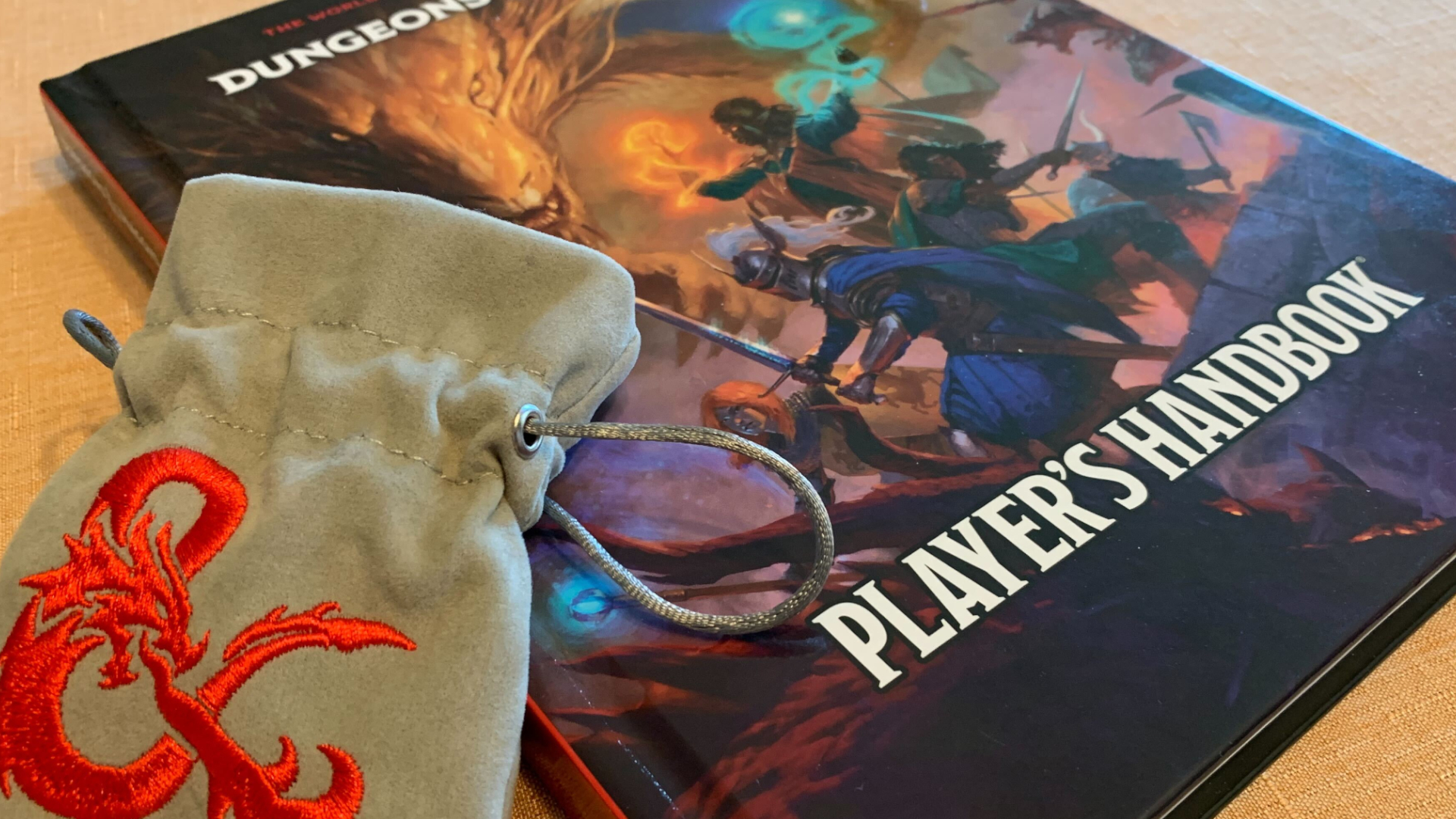
Species is the new term that DND 2024 uses for the peoples of the world instead of 2014's Races, owing to it being "a problematic term". There's also plenty of other changes, with the removal of several previous options, and addition of others.
Here's all the major changes to DND Species in 2024:
- No species come with inherent Ability Score bonuses - you no longer get higher Strength for playing as an Orc, for example.
- Some species' powers have been changed (such as Dragonborn now being able to fly temporarily).
- Languages are no longer inherently tied to specific species. Instead, players pick two languages to know besides Common, with no limitations on choice.
- However, there are less languages - now only 10 total, including Common Sign Language and Common itself.
- Orcs, Goliaths, and Aasimar have been added to the 2024 PHB as playable species.
- Half-Elves and Half-Orcs have been removed as playable species.
- Dwarves and Halflings no longer have subrace options (such as the Mountain Dwarf or Lightfoot Halfling).
- Tieflings now have the option to pick from divergent "Fiendish Legacies" that change their abilities (Abyssal, Chthonic or Infernal).
What's different about Backgrounds in DND 2024?
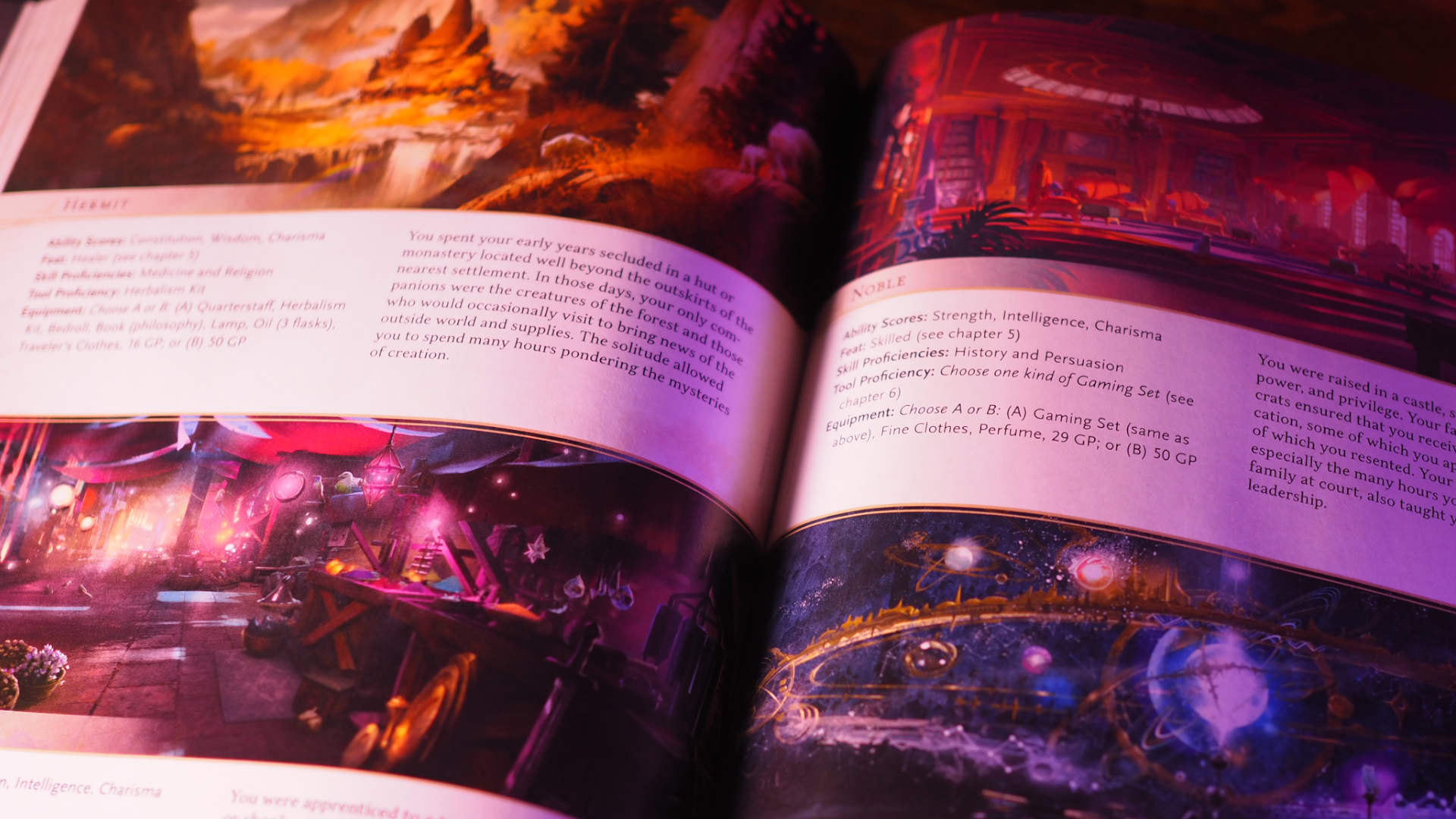
Dungeons & Dragons Backgrounds in 2024 are more mechanically impactful than they were before, with the associated features that generally pushed storytelling and out-of-combat moments now replaced by certain feats – and Ability Score buffs.
Here's all the major changes to DND Backgrounds in 2024:
- Background Features have been removed.
- Instead of Features, Backgrounds in 2024 now grant a specific Feat appropriate to that Background.
- Each Background also comes with three named Ability Scores players can increase. Specifically, players may add a permanent +2 and a +1 to two of them, or a +1 to all three Scores. This effectively replaces the Ability Score increase that was previously tied to Species.
- The Farmer, Guard, and Scribe Backgrounds have been added.
- The Folk Hero Background has been removed.
- Some Backgrounds have been renamed, but keep the theming intact. For example, the Urchin is now called the Wayfarer.
- Players may choose between either the Background-specific equipment or 50GP.
What's different about Feats in DND 2024?
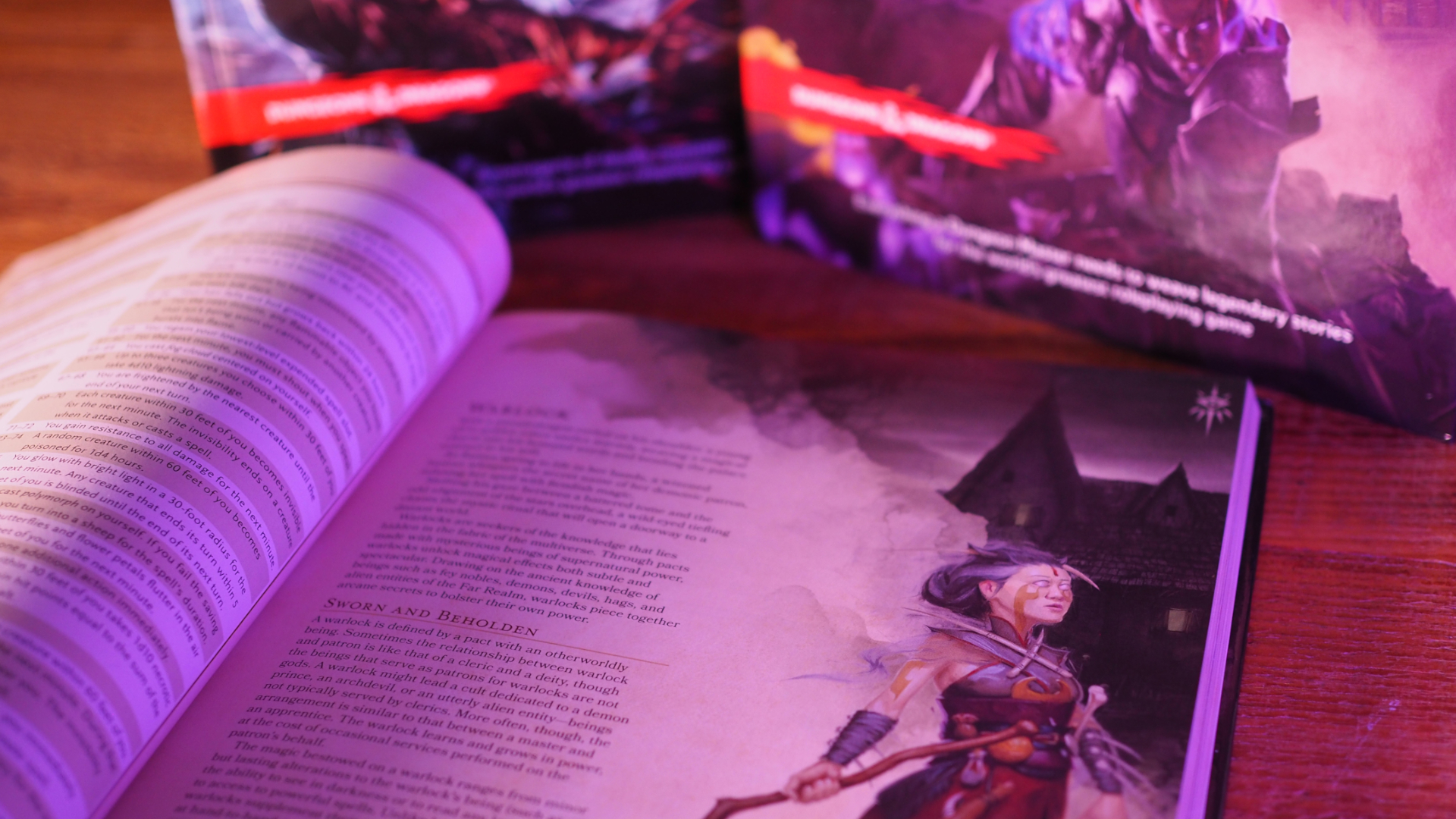
Feats in DND 2024 have a slightly larger emphasis, and have been categorised into several different types.
- There are now four Categories of Feat:
- General Feats (no particular niche, but all of which include some Ability Score increase)
- Origin Feats (usually earned at early levels/character creation and representative of career/lifestyle/personal history)
- Fighting Styles (usually unlocked through Martial Classes and used to improve a character's skill with weapons and combat)
- Epic Boons (Enormously powerful Feats unlocked at level 19)
- Certain Feats have been added, removed, or redesigned for balance.
New rules in DND 2024
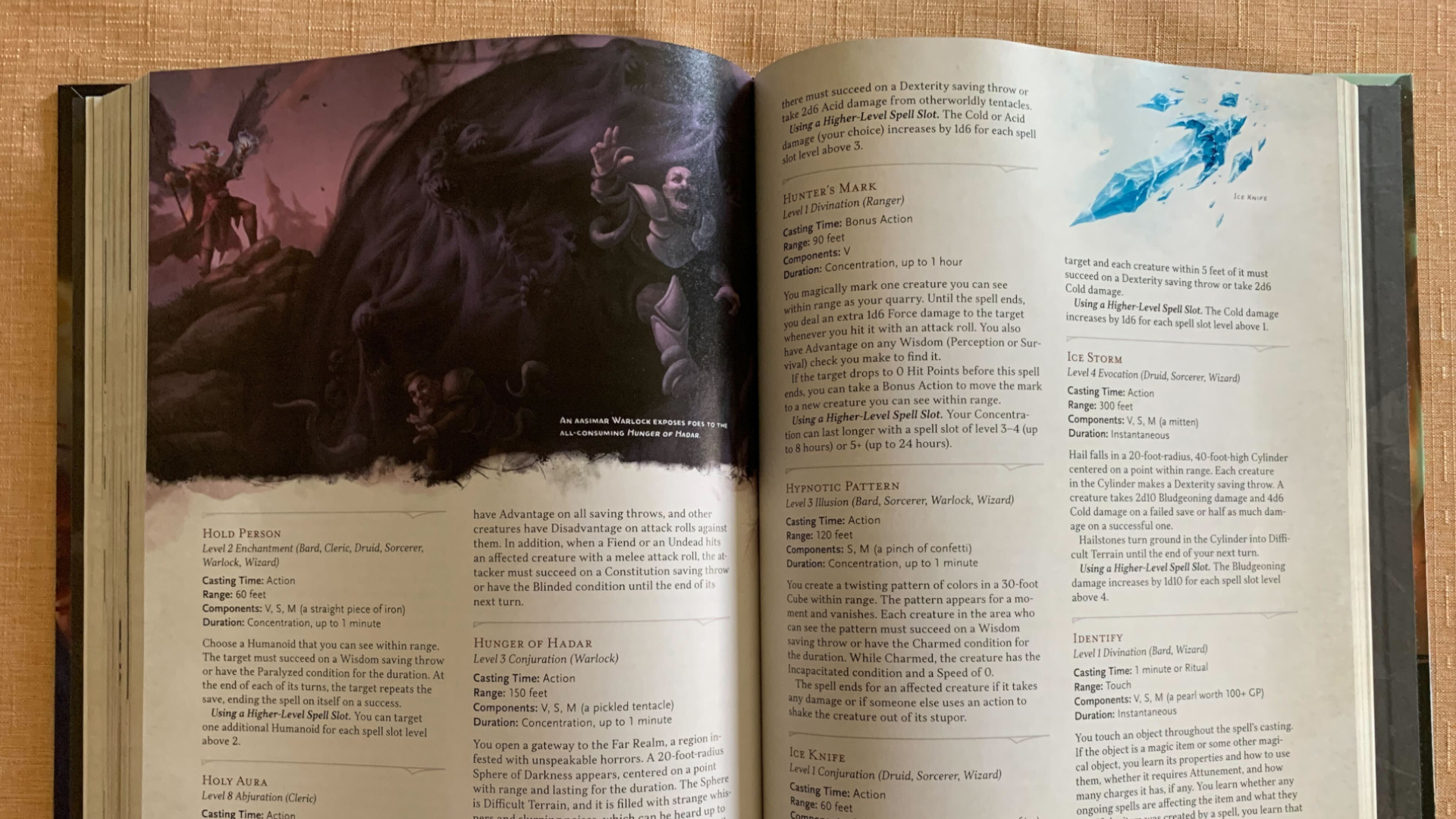
Dungeons & Dragons 2024 comes with a wide swathe of general rule changes both major and minor, the most significant of which we've listed below.
- Actions: Certain actions in combat now have specific rules attached, such as "Study" and "Influence". This means trying to talk somebody down in combat or analyse an opponent is written into the system.
- Crafting: DND 2024 includes more extensive rules for crafting equipment, including poisons and potions, with Feats and gear specifically tied to this practice.
- Exhaustion: Exhaustion now simply applies a -2 penalty to all rolls and 5ft reduction to speed per exhaustion level - until you die at level 6.
- Grappling and Shoving: Being grappled now gives you disadvantage against any enemy that's not the grappler. Both actions also now have a set Save DC based on the attacker's strength, and use Strength/Dex saving throws to resist.
- Guns and Firearms: The Pistol and Musket have now been added as standard Martial Ranged Weapons, though are expensive and cost 250GP and 500GP respectively.
- Long Rests: Long rests now must have at least 16 hours between them, and have rules for if they're interrupted.
- Potions: Potions can now be drunk or administered to others as a bonus action.
-
Spells and magic:
- The 2024 PHB has roughly 30 more spells than the 2014 PHB.
- Some spells have been rebalanced, such as True Strike and many healing spells.
- Summoning Spells more often now bring in a set non-specific stat block with a player-chosen aesthetic.
- Shapeshifting Spells now grant temporary hit points instead of new health pools.
- Weapon Mastery: Certain classes can "master" certain weapons, granting them an additional bonus effect when they land an attack with that weapon type.
© GamesRadar+. Not to be reproduced without permission







